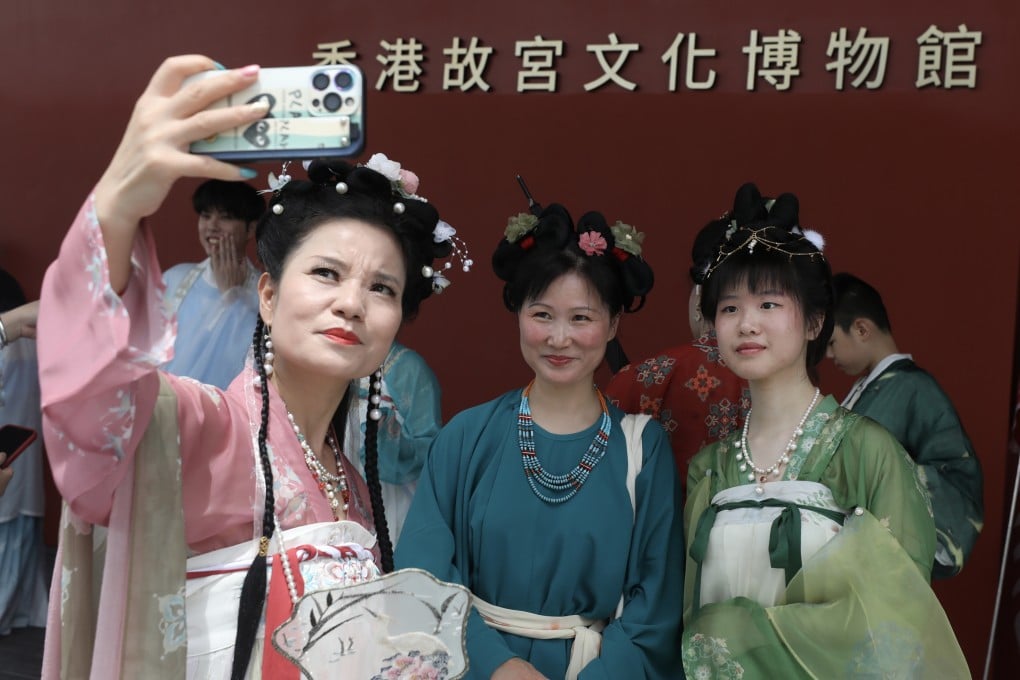Opinion | China’s proposed ban on ‘hurtful’ clothing is a worrying sign of advancing intolerance in society
- If the amendment to the public security law is passed, it will give police discretion to crack down on any types of dress they do not like
- The change would undo progress from China’s reform period, when the state receded from daily life, freeing individuals to pursue happiness

China’s proposed amendments to its public security administration punishments law are stirring heated debate among legal scholars about the consequences of expanding police powers and the possible erosion of personal freedom in the country.
If the amendment becomes law, the power to define those terms falls to individual police officers. It is also likely to add unnecessary pressure on China’s frontline police, throwing them into endless controversy over law-enforcement activities.
The image of China as a country of blue ants has long gone the way of the Mao jacket – once the only acceptable men’s attire. In the early 1980s, Chinese society had a brief debate about whether young people should dye their hair or wear jeans and sunglasses, but fear of a “bourgeois lifestyle” quickly fizzled away.

